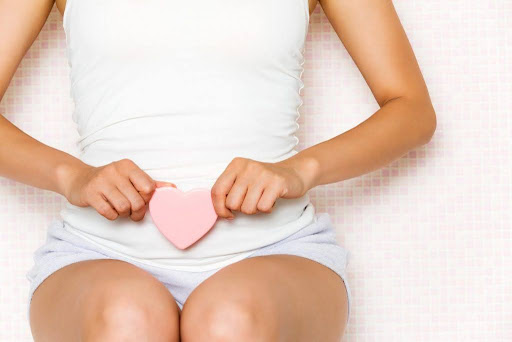
According to the World Health Organization, the prevalence of urinary incontinence reported in population-based studies ranges from 9.9% to 36.1% and is twice as high in older women as in older men. Despite its prevalence, female bladder health issues are usually not discussed as much as other common health conditions. Because many bladder problems are overlooked or ignored, they tend to go untreated, causing a disruption of day-to-day life for those suffering from them.
Female Bladder Health
At Alliance Urology Specialists, our practice is not just limited to urology services. We also offer a wide array of bladder health services, including interstitial cystitis, stress urinary incontinence, and overactive bladder. To help shed some light on this frequently undiscussed topic and its prevalence in the female population, we wanted to share nine tips for female bladder health.
- Stay Hydrated
In one of our recent blogs, we discussed the benefits that hydration has on your urologic health and examined some of the conditions that can be severely affected by dehydration. When it comes to bladder health, staying hydrated is essential to help flush out wastes and toxins that can lead to infection, kidney stones, and more. When it comes to fluid consumption, water should be at least half of what you drink daily.
- Limit Alcohol And Caffeine
Alcohol is a diuretic, meaning that it actively dehydrates the body. While caffeine is not necessarily detrimental to hydration, it can contribute to problems with incontinence. When dealing with bladder issues, it’s best to limit alcohol and caffeine consumption.
- Exercise Regularly
Regular exercise benefits a variety of systems within the body, including the urinary system. Physical activity also plays a role in preventing bladder problems from occurring in the first place.
- Maintain A Healthy Weight
Many bladder problems can be caused or escalated by excess weight. You can take steps to maintain a healthy weight by eating healthy and exercising regularly.
- Quit Smoking
Quitting smoking is one of the first recommendations doctors make when it comes to promoting a healthier lifestyle. If bladder health is a concern, quitting smoking should be one of the first steps you take.
- Practice Pelvic Floor Exercises
Pelvic floor exercises, commonly referred to as Kegel exercises, can be beneficial for bladder leakage issues. For more advanced cases, pelvic floor therapy can be a good option to treat Overactive bladder, frequency, urgency, and urinary leakage.
- Avoid “Holding It”
To prevent female bladder health conditions and infections, use the restroom often and whenever needed. To preserve the strength of your bladder muscles, it is recommended that you urinate every three to four hours.
- Choose Cotton, Loose-Fitting Clothing
Tight-fitting jeans and leggings and nylon or synthetic underwear can trap moisture and create an environment for bacteria to grow. This bacteria can lead to infection and other female bladder health problems. To avoid these issues, choose loose-fitting cotton clothing that allows airflow to keep the area around the urethra dry.
- Urinate After Intercourse
Between 50% and 60% of adult women will have at least one UTI in their life, and many of these UTIs are caused by not urinating after sex. Urinating helps to flush out bacteria that are pushed into the urethra during sex, so when you don’t take the time to use the restroom, these bacteria can cause an infection in the urinary tract.
To diagnose and treat any common problem related to the genitourinary system, schedule an appointment with one of our providers. Our team has years of experience treating issues pertaining to the urinary tract and bladder. Alliance Urology Specialists is here for you at any stage of your life. To make an appointment, or for more questions about female bladder health, please call our office in Greensboro at (336) 274-1114

